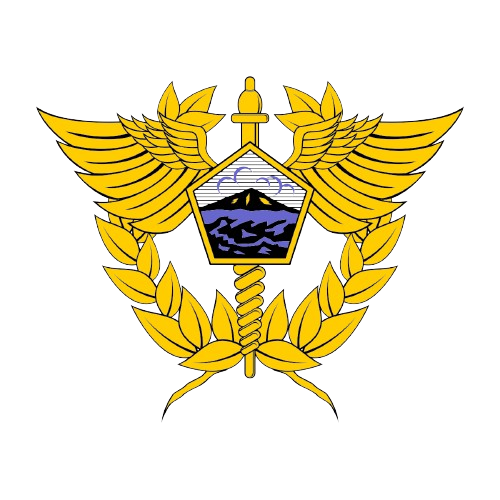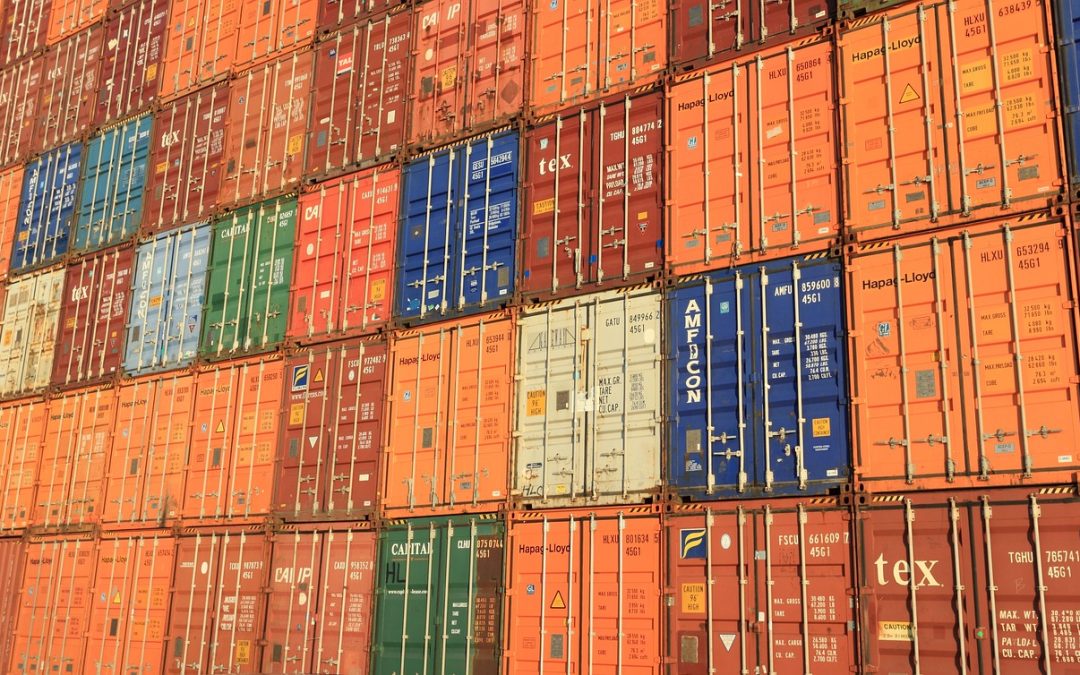Zainuddin Abdul Madjid: A Profile
Zainuddin Abdul Madjid is a prominent figure in the realm of customs and excise operation management in Indonesia. His contributions have greatly influenced the sector, particularly in enhancing the efficiency and effectiveness of the customs processes. Zainuddin, with his extensive experience, has held various positions in different governmental agencies, focusing on compliance, risk management, and regulatory frameworks. His insights and perspectives are pivotal in navigating the complexities of customs procedures, especially regarding the analysis of inspection and verification of goods entering the country.
Overview of Customs and Excise in Indonesia
In Indonesia, the Directorate General of Customs and Excise (DJBC) is the primary authority responsible for the assessment, collection, and enforcement of customs duties. It plays a critical role in safeguarding national interests by regulating the flow of goods in and out of the country. The customs system functions not only as a revenue-generating agency but also as a facilitator of trade, balancing the need for governmental revenue with the imperatives of market efficiency and competitiveness.
Regulatory Framework for Customs Examination
The regulatory framework surrounding customs operations is meticulously designed to ensure that the import and export of goods are compliant with national law. This framework includes:
-
Act No. 17 of 2006: This act outlines the provisions regarding customs law, detailing the rights and obligations of customs officials and traders.
-
Ministerial Regulations: Specific regulations issued by the Minister of Finance that provide detailed guidelines on the procedures necessary for customs inspections.
-
Customs Tariff Regulation: Defines tariff classifications, which are crucial for establishing duty rates.
Zainuddin Abdel Madjid has been instrumental in interpreting these complex regulations and offering practical guidance that enables compliance while fostering operational improvement within the customs framework.
The Inspection Process in Customs
The inspection of goods at customs is a fundamental aspect of regulatory compliance. It serves to ensure that imported items meet safety, health, and environmental standards and comply with tariff regulations. The inspection process involves a systematic approach:
-
Documentation Review: The first stage requires a thorough review of all relevant documentation submitted by traders, including invoices, bills of lading, and certificates of origin.
-
Physical Inspection: Customs officers may conduct a physical examination of goods to verify their quantity, quality, and compliance with declared specifications. This stage is critical to prevent fraud and protect the local economy.
-
Risk Management: Zainuddin promotes the use of risk assessment tools that prioritize customs examinations based on the potential risk posed by particular shipments. This enables efficient allocation of resources, focusing on high-risk imports.
Challenges in Customs Inspection
Customs agencies face various challenges in the execution of their inspection duties:
-
Fraud and Misrepresentation: One of the pervasive issues in customs inspection is the risk of fraudulent documentation and misrepresentation of goods. Zainuddin has advocated for robust verification processes to combat these issues.
-
Resource Constraints: Insufficient manpower and technological tools can hinder the inspection process, leading to delays and reduced efficacy. Zainuddin emphasizes the need for investment in modern technologies, such as automation and data analytics, to enhance operational capabilities.
-
Training and Development: Continuous training is required to keep customs officials well-informed about changing regulations and technologies. Zainuddin has been a proponent of regular training workshops that equip customs personnel with the necessary skills and knowledge.
Technology Integration in Customs Operations
In today’s digital age, the integration of technology in customs operations is essential for streamlining processes. Zainuddin supports the following technological advancements:
-
Automated Systems: The implementation of electronic customs clearance systems simplifies the submission of documentation and reduces processing times.
-
Blockchain Technology: Utilizing blockchain can enhance transparency and traceability in customs transactions, significantly reducing the potential for fraud and errors.
-
Data Analytics: Leveraging data analytics can provide insights into patterns of trade, allowing customs officials to identify anomalies and enhance risk assessment processes.
The Role of Stakeholder Engagement
Zainuddin Abdul Madjid highlights the importance of stakeholder engagement in the customs inspection process. This involves:
-
Collaboration with Importers: Building a framework for active communication between customs officials and traders to facilitate smoother transit of goods and compliance with regulations.
-
Public Awareness Campaigns: Conducting awareness programs to educate traders about their duties and responsibilities under customs law.
-
Feedback Loops: Creating mechanisms for stakeholders to provide feedback regarding customs processes, which can inform continuous improvement initiatives.
Policy Recommendations by Zainuddin
Zainuddin has continually provided policy recommendations aimed at improving customs inspection processes. These include:
-
Simplifying Procedures: Advocating for the simplification of customs processes to reduce bureaucratic hurdles and enhance the overall trade experience.
-
Enhancing Risk Management: Developing a risk management framework that is data-driven can improve the efficacy of customs inspections substantially.
-
Collaboration Across Borders: Strengthening collaboration with international customs agencies to share insights, best practices, and resources.
The Future of Customs Inspection in Indonesia
As Indonesia continues to develop economically, customs inspection processes will inevitably evolve. Zainuddin anticipates a future whereby:
-
Increased Automation: Greater automation in customs processes will lead to faster clearances and reduced human error.
-
Global Standards Compliance: Indonesia will increasingly adopt global standards to remain competitive and in line with international trade practices.
-
Sustainability Focus: There will be a greater emphasis on sustainability within customs practices, aiming to reduce the environmental impact of import/export activities.
Zainuddin Abdul Madjid’s extensive experience and commitment to enhancing customs operations make him a vital figure in the continuous improvement of customs inspection processes in Indonesia, ensuring that they effectively support both national security and economic development objectives.

